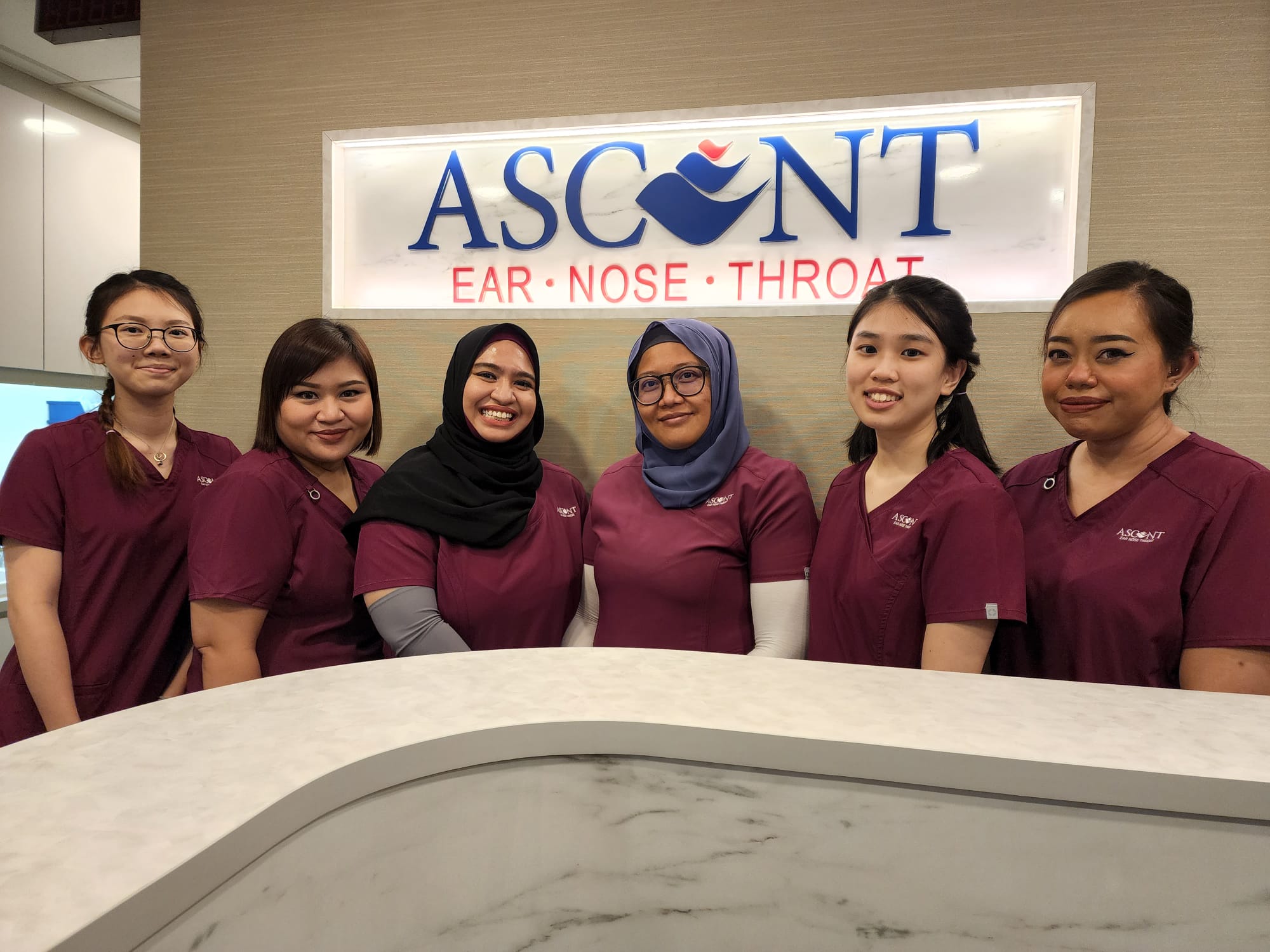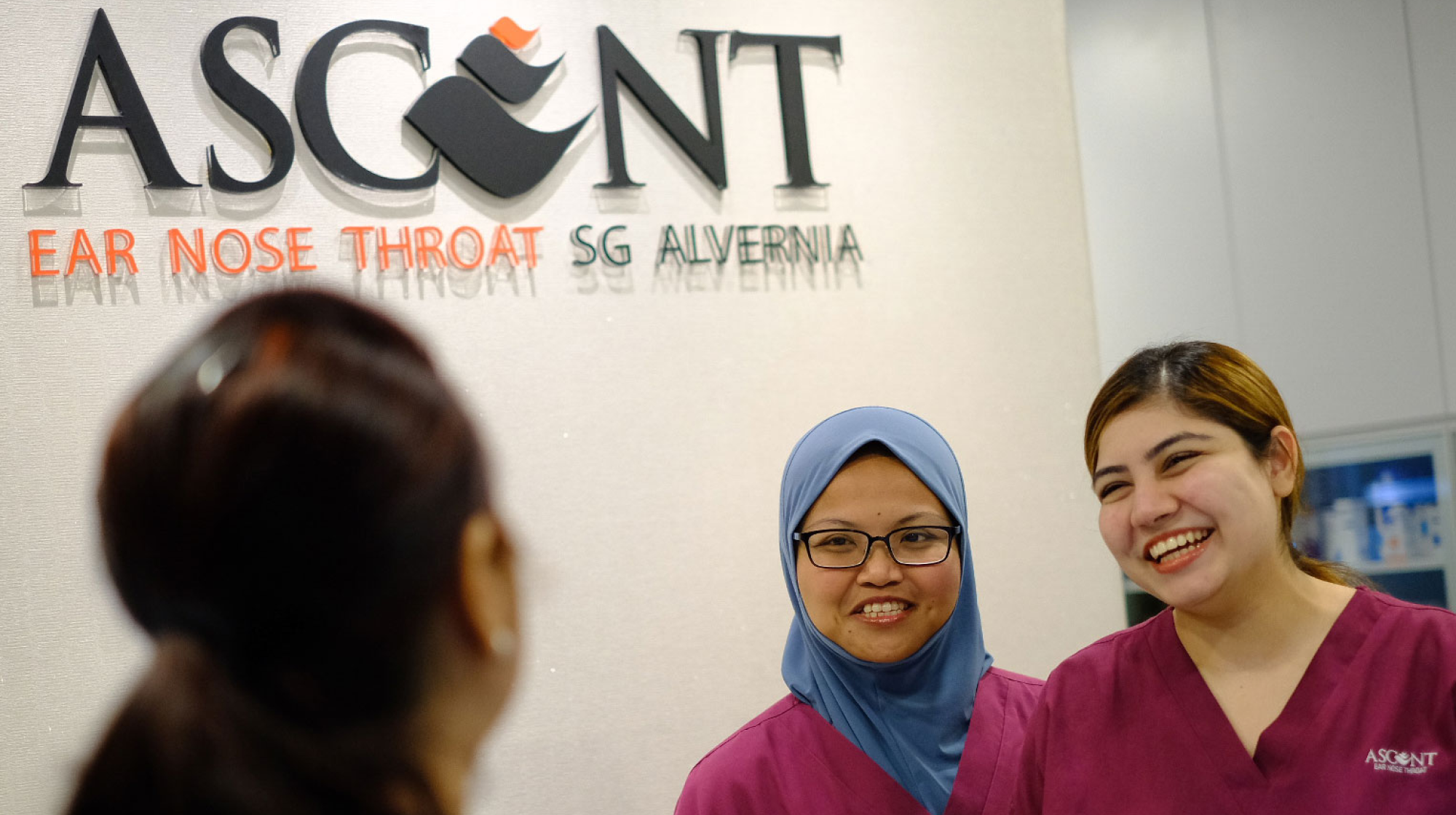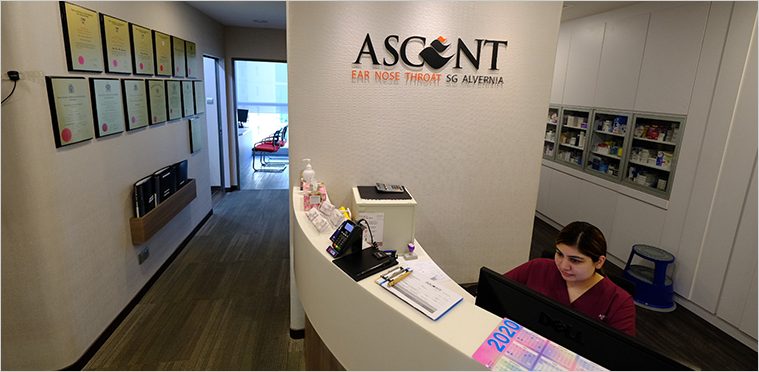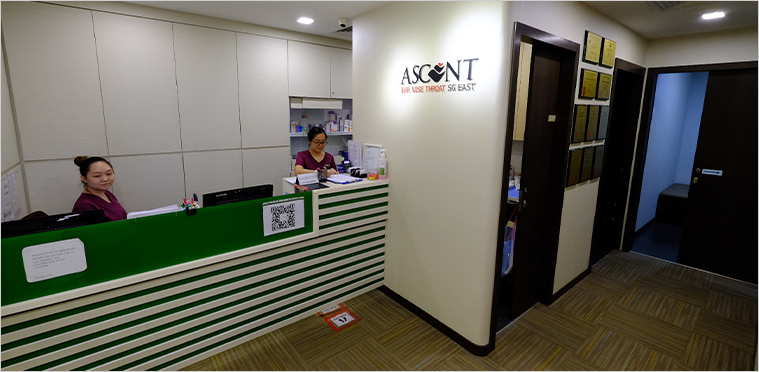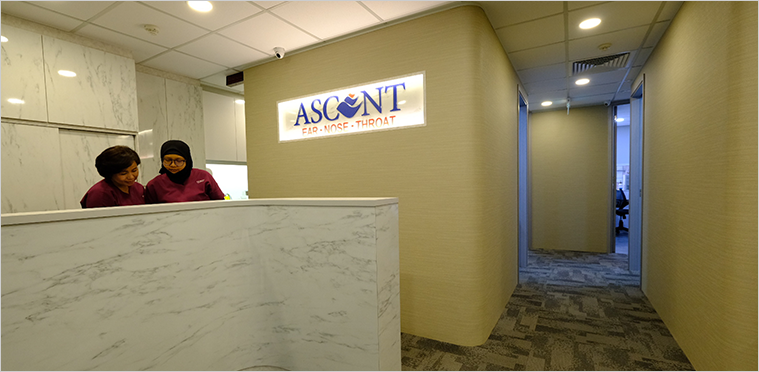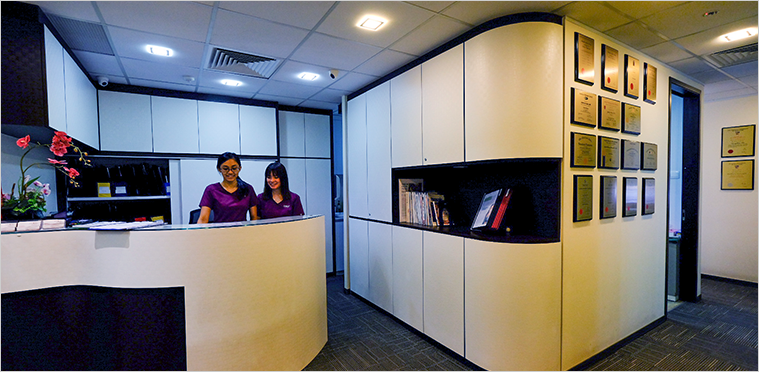Nose & Sinus
Sinus Surgery – Can It Fix Your Snoring And Sleep Apnoea?

Snoring occurs when airflow through the mouth and nose is partially obstructed during sleep. This causes the surrounding tissues to vibrate, producing the familiar snoring sound. Factors contributing to snoring include the anatomy of the mouth and sinuses, alcohol consumption, allergies, a cold, and body weight.
Sleep Apnoea
Sleep apnoea is a more severe condition where breathing repeatedly stops and starts during sleep. Obstructive sleep apnoea (OSA), the most common form, occurs when throat muscles intermittently relax and block the airway during sleep. This leads to a significant reduction in blood oxygen levels, causing the individual to wake up abruptly to reopen the airway. Symptoms include loud snoring, episodes of breathing cessation observed by another person, abrupt awakenings accompanied by gasping or choking, morning headache, and excessive daytime sleepiness.
Both conditions significantly impact sleep quality, leading to daytime tiredness, irritability, and increased risk of health problems such as heart disease and high blood pressure. While they share some common factors, their treatment and management strategies may differ significantly.
The Link Between Sinus Issues and Sleep Disorders
The relationship between sinus issues and sleep disorders, particularly snoring and sleep apnoea, is significant due to the impact of nasal obstructions on airflow during sleep. Sinus problems, such as chronic sinusitis, can lead to swelling and inflammation in the nasal passages, obstructing airflow and exacerbating snoring and obstructive sleep apnoea (OSA).
Conditions like deviated septum, where the nasal septum is displaced to one side, can further narrow the nasal passage, increasing the likelihood of airway obstruction during sleep. This obstruction not only contributes to the severity of snoring but can also interrupt the breathing process, leading to the repeated awakenings characteristic of sleep apnoea. Therefore, addressing sinus issues can potentially reduce the symptoms of snoring and sleep apnoea, enhancing overall sleep quality and health.
Sleep apnoea surgery for nasal obstructions
For comprehensive treatment of sleep apnea caused by nasal obstructions, several surgical options are available, each tailored to address specific issues:
- Balloon Sinuplasty: Targets mild nasal or sinus obstructions. A balloon device is inserted and inflated to open up passages, offering a quick recovery with minimal invasiveness.
- Turbinoplasty: Designed for cases where the nasal turbinates, responsible for conditioning inhaled air, become overly large, obstructing airflow. It reduces the size of the turbinates to improve breathing.
- Septoplasty: Corrects a deviated septum, ensuring the nostrils are equally open for airflow, which is especially beneficial for those with structural nasal issues.
- Functional Endoscopic Sinus Surgery (FESS): Utilizes endoscopic techniques to remove blockages and polyps in the sinuses, enhancing sinus function and breathing.
These procedures aim to restore effective nasal breathing, potentially reducing or eliminating the need for other sleep apnea treatments.
How Effective Is Sinus Surgery for Snoring and Sleep Apnoea
The effectiveness of sinus surgery in treating snoring and sleep apnoea varies depending on the individual’s specific condition and the type of surgery performed. Studies have shown that when sinus issues contribute significantly to obstructive sleep apnoea (OSA) or snoring, surgical intervention can lead to improvements in airflow, reduced snoring intensity, and decreased apnoea episodes.
Key Findings:
- Improvements in Sleep Quality: Patients often report better sleep quality and a reduction in daytime sleepiness following sinus surgery.
- Reduction in Snoring: Many individuals experience a noticeable decrease in snoring frequency and volume.
- Decrease in Apnoea Episodes: For those with OSA linked to nasal obstructions, surgeries like septoplasty and turbinate reduction can lead to a significant decrease in apnoea episodes.
Sinus surgery may not be a universal solution for all cases of snoring and sleep apnoea. Comprehensive evaluation by an ent specialist will determine if sinus issues are the primary cause of the sleep disorder and whether surgery is an appropriate treatment option. In some cases, additional treatments or lifestyle changes may be recommended in conjunction with or instead of surgery.
Alternatives to Sinus Surgery
While sinus surgery can be effective for treating snoring and sleep apnoea related to nasal blockages, there are non-surgical alternatives that can also provide relief. These alternatives are particularly valuable for individuals who may not be suitable candidates for surgery or prefer to explore other options first.
Lifestyle Changes
- Weight Loss: Reducing body weight can alleviate pressure on the airway, decreasing snoring and apnoea episodes.
- Sleep Position: Sleeping on one’s side instead of the back can prevent the tongue from blocking the throat, improving airflow.
Medical Treatments
- CPAP (Continuous Positive Airway Pressure): A machine that uses a mask to deliver air pressure into the throat to keep the airway open during sleep.
- Oral Appliances: Devices worn in the mouth during sleep to keep the airway open.
Behavioural Interventions
- Avoiding Alcohol and Sedatives: These substances can relax the throat muscles, exacerbating snoring and sleep apnoea.
- Nasal Sprays and Allergy Treatments: Can reduce nasal congestion and inflammation, improving airflow.
What Do We Tell Our Patients
When evaluating nasal surgery for snoring, the outcome may vary based on a few key points. Based on our experience, starting with nasal breathing improvements and checking progress before more treatments is a thoughtful approach. Sometimes, nasal surgery brings more benefits than expected.
- Extent of Nasal Blockage and Improvement Post-Surgery: The success of nasal surgery often hinges on how much the nasal passages are blocked before surgery and how significantly breathing is enhanced afterwards. Greater improvements in airflow can lead to a more noticeable reduction in snoring and sleep apnea symptoms.
- Severity of Snoring or Sleep Apnea: The level of snoring and sleep apnea severity before surgery plays a critical role. Individuals with mild conditions are more likely to experience a complete resolution or significant improvement in symptoms compared to those with moderate to severe cases.
- Shift from Mouth to Nose Breathing: Transitioning from breathing through the mouth, which can exacerbate snoring and sleep apnea, to breathing through the nose after surgery can have a profound impact. Nasal breathing is generally more conducive to a restful sleep and can significantly reduce the occurrence of snoring and the severity of sleep apnea.
Adopting a step-by-step approach, beginning with enhancing nasal breathing and evaluating progress before considering further treatments, can be a prudent strategy. Sometimes, the benefits of nasal surgery may exceed initial expectations, providing substantial relief from snoring and sleep apnea symptoms.
When Should You Consider Sinus Surgery For Snoring
Considering nasal surgery for snoring is beneficial for several reasons:
- Improves Nasal Breathing: Enhances breathing during both day and night, providing relief from snoring.
- Direct Snoring Treatment: Effective especially for individuals who snore primarily due to mouth breathing.
- As Part of A Combined Treatment: Works alongside other surgical or non-surgical treatments to address snoring comprehensively.
Nasal surgery addresses various issues, including nasal septum, turbinates, and sinuses, improving obstruction and facilitating the transition from mouth to nose breathing.

